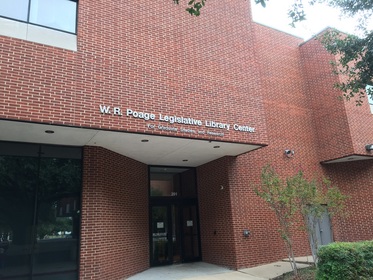 I first encountered the Poage Legislative Library at Baylor University in 2006. As a normal part of COPA conferences every November, typically on Sunday, a group of us would drive down to Waco to learn about the materials being held there. Every year Ben Rogers, the head archivist, would give us a little tour and update, and often we'd all go out to dinner. I started making regular visits after that, going up when I could, and I'd get updates on the progress of various holdings from Ben. They received materials from the researcher Jack White, including photos and videos, John Armstrong, and Penn Jones, among others. In the last few years Ben had been attempting to negotiate moving Mae Brussell's materials to Baylor, without success. Ben retired over a year ago now, and Thursday, October 15 was my first visit since he had gone. It had always been a little odd that this incredibly conservative and religious academic institution possessed a secret enclave of deviant political material tucked away. (I say "deviant" with tongue in cheek, since political researchers often published in magazines like Hustler, because mainstream political publications wouldn't touch the Kennedy assassination or the like. And also because Ben would explain, somewhat sheepishly, that he had to carefully prune away the "girlie pictures" from Fletcher Prouty's articles in Gallery, for example. Baptists do not approve of assassination conspiracies involving breasts.) Ben gave me the impression in our private conversations that Baylor was only semi-aware of the Poage materials, and let him quietly build this astonishing collection of research in a fit of absent-mindedness. Although he never expressed an opinion on such matters - who killed JFK or MLK, or what really happened at Chappaquidick or on 9/11 - his interests seemed natural for an archivist who was also an ex-NSA employee. The immediate change, upon entering the building, is that there is a Reading Room set up for researchers. Having become used to walking the "back room," as it were, this was a little surprising, but since they knew me they let me go back there anyway. All appears as it was, with the endless boxes and shelves of material. Mary Goolsby, the archivist, pleasantly led me back to the Robert Cutler materials (which is what my particular interest was at this time), which are voluminous. In one seven-hour day I got through about nine notebooks, of which there are 22 on JFK alone. I barely glanced at all the Cutler notebooks on other subjects - needless to say, I'll be back. I also found out that Gus Russo had left his materials there - I saw several tantalizing boxes of correspondence that I'll need to look at soon. (I consider Russo to be a disinformation artist, but there may be gems in that paper.) As always, the folks at the Poage were very nice and honored my every request. Mary Goolsby was at some pains to reassure political researchers that the material was not going away, and they were re-cataloguing some of it for ease of use, and would continue digitizing things as they could. They would not, however, be accepting more such material, as the library wants to get back to what the university feels its main focus should be -- political, as in politician, material. They also ceased trying to obtain the Brussell material, with the main problem being cost. Having seen how difficult that material has been to obtain - and the possible bad condition of the papers - I understood why they gave up. 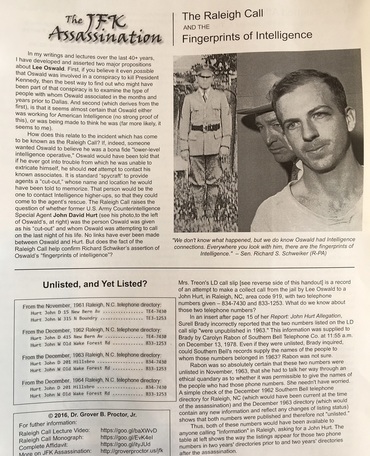 I was able to obtain photocopies from the library for a nominal fee as always, and there was plenty of fascinating information to get my hands on. It will all be going into my next book. And one happy accident was that at a certain point Mary got my attention because she wanted me to meet someone, which turned out to be Grover Proctor! Dr. Proctor is a JFK researcher from North Carolina who has done fantastic work on Oswald's telephone call to John Hurt from the Dallas jail. It inspired an article by Randy Benson, whose film The Searchers will be shown next month in Dallas both at Lancer and the Texas Theatre. One of those researcher synchronicities that happen sometimes. So although it is disappointing to learn that the library will no longer seek out conspiracy researcher holdings, it was good to see that the material is still being tabulated and cared for. As it stands now, the library still contains massive amounts of information that cannot be found anywhere else. It also has tremendous digitized holdings, such as Joachim Joesten's "Truth Letters" and their Penn Jones collection, which includes The Continuing Inquiry and has been used by many researchers including Christopher Pike. Overall, it wasn't the same without Ben, but it is still an incredible resource.
3 Comments
A copy of a Coalition on Political Assassinations flyer I worked up for the 2011 conference which we passed around.
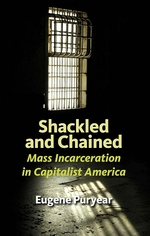 With the demise of examiner.com, a huge number of my articles formerly on the web were lost. Some of these were published in my books Dissenting Views and Dissenting Views II, but some are gone forever. One of these articles consisted of an interview I did with the activist and organizer Eugene Puryear, who is currently the Vice-Presidential candidate for the Socialist Party. In light of events over the last year or two, I believe this interview - which is focused around the problems of mass incarceration, particularly people of color - is more relevant than ever. Mr. Puryear is a fascinating and brilliant individual. Also, in the interests of full disclosure, I have a soft spot in my heart for D.C. activists. I am making it part of my blog so it can be once again accessed freely on the Internet. It can be downloaded below.
First of all, if ever there were a show I need to be writing, it’s this one. Producers of Luke Cage – seriously, if you’re reading this – I should be on your staff. That having been said, I almost gave up on the show after two episodes, even though I enjoyed all of the aspects of it conceptually. Terrific actors, set in Harlem, strong central character, echoes of Blaxploitation 70s movies, terrific music – but the execution was a little off. It all played a little flat and protracted. After two episodes, I wanted to see a show about that barbershop – and the background Knicks chatter – but not necessarily the gangster stuff. And isn’t Harlem already gentrified by this point?
Also, there's an Iago-like character, played by Hernan Alvarez, who serves as a 'gangster advisor' in being generally the most reasonable person in the room. The character's interaction with the show's main villain Cottonmouth (Mahershala Ali) seems to play into some old stereotypes, but this might reverse itself (I'm only through five episodes). We'll see. Things start to click during the third episode, but what really caught my attention was a scene with Frank Whalley, who plays an NYPD detective in the series. It’s just a quick scene in the station, and he’s talking about how to get a witness to testify, and his partner (played by Simone Missick) is barely paying attention. This is what he says: “The trick is, you gotta get inside his head. You gotta make him believe that he needs us. That’s the whole trick. And then you give him the illusion of freedom. (pause) Hey…you didn’t hear a word I just said.” I stopped the stream and rewound that part. A little on-the-nose? Maybe. On the other hand, maybe that’s not such a bad thing. Because if you remove the context of the scene, Whalley’s character is – in that scene – a stand-in for White Supremacy. And he’s explaining how that is maintained. You make him believe he needs us. And then you give him the illusion of freedom. And his partner is distracted, missing the message. Well played. That is some truth that doesn’t normally get on television. Through five episodes, I am enjoying the show. Wish some things were a little smoother and less telegraphed, but there’s been some good stuff. The little nods to Hero 4 Hire and Power Man’s costume and favorite phrase were nice. Mike Colter is excellent. Considering that I’ve wanted my whole life to write a real update of Shaft (not that Sam Jackson thing they did), this delivers on some of that promise. So far, it’s better than Slaughter’s Big Rip-Off, about even so far with Shaft’s Big Score, not as good as Three the Hard Way. And it doesn’t even approach The Spook Who Sat by the Door. If you haven’t seen that yet, you need to. Really. But it does have potential. And it is pretty great to see something as unapologetically black as Luke Cage being the most popular show around. In this otherwise horrible 2016 we’re all having, that’s progress. |
AuthorThis is Joe Green's blog. Archives
August 2021
Categories |
||||||||
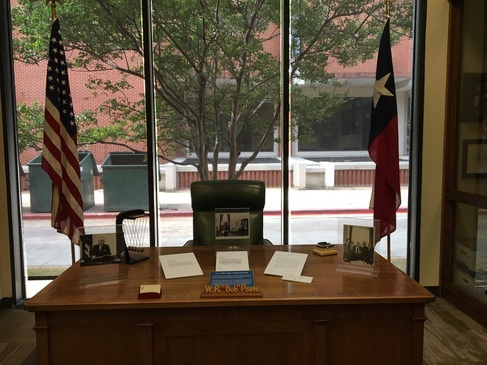
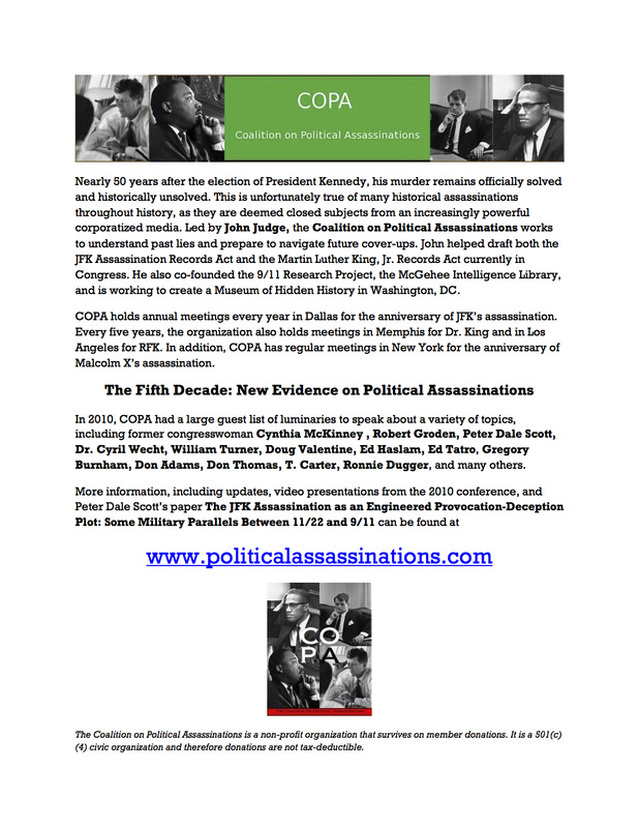
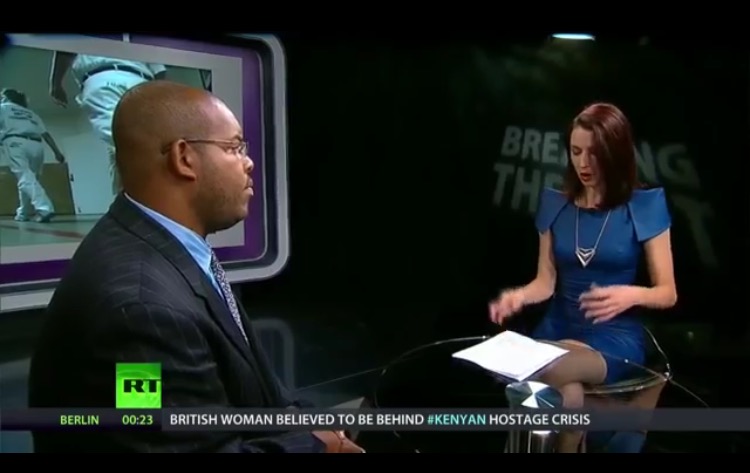
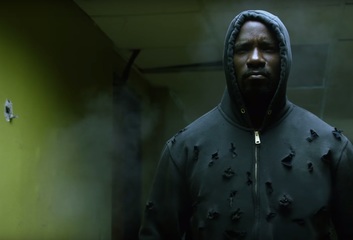
 RSS Feed
RSS Feed
